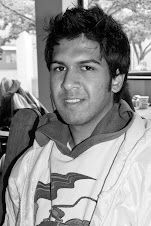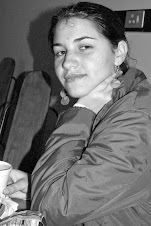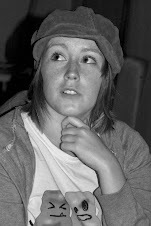Bernard DeVoto said, “My job is write about anything in life that may interest me, but it also to arrive at judgments under my own steam. With some judgments that is the end of the line; express them and you have nothing more to do. But there are also judgments that require you to commit yourself, to stick your neck out. Expressing them in print obliges you to go on to advocacy. They get home to people’s beliefs and feelings about important things, and that makes them inflammable.” (Frome, 1998: 70).
What has become clear in studying the environment is that it is not merely an aspect that affects peoples’ lives, it concerns the way people live and experience the world around them, effecting their health, well-being, economy and general situations. Following the 1992 Rio de Janeiro summit and South Africa’s commitment to Agenda 21, it is crucial as a mediator between government and community, to ensure that sustainable development policies are being taken serious at a local government level and that implementation is occurring, which can thus serve as a framework for broader national policies.
The Makana municipality has adopted the LEAP (2005) policy, which provides a detailed plan for implementation of sustainable development at different levels, including waste, water and electricity, which will serve our main area of focus. Surveys handed out by us to the general public have revealed disappointing feedback in terms of environmental care, where almost none of the public have heard of LEAP policies, can recognize any implementation of such policies in their areas and complain of critical problems such as waste not being collected for at least six months at a time. The LEAP policies, in practice, it seems, have been stagnant for some time.
The municipality needs to start answering to the public. It is clear that the state of the Grahamstown environment is causing an infringement on the basic human rights of its people, for example, LEAP policies clearly note that less than 20% of rural townships have clean, running water and adequate sanitation system, yet public feedback shows little has been done to improve this problem, despite initial observation.
We do not wish to criticize the municipality and suggest that they are doing nothing, thus we have planned to serve an educational role, providing the public with information about LEAP policies and allowing them insight into the intentions of the municipality and how far they have gone to achieve these. We also wish to serve as a platform between municipality and residents, where we can express the judgments of both and leave it to them for debate, contestation and change.
However, while willing to compromise in this way by publicizing municipality’s aims, the difficulty in getting them to answer to us is making it clear how we, as journalists, also need to effect change. Thus in terms of our investigative media production, we are going to have to stick our necks out and commit ourselves to getting hold of the Makana municipality. We need to facilitate a space for people to express how they feel, what they believe in and the important and crucial problems that are occurring environmentally, effecting their everyday lives. The municipality cannot keep avoiding the public and we have an evident role in building the bridge between government and public so that these questions can finally be answered.
Tuesday, September 30, 2008
Subscribe to:
Post Comments (Atom)





No comments:
Post a Comment